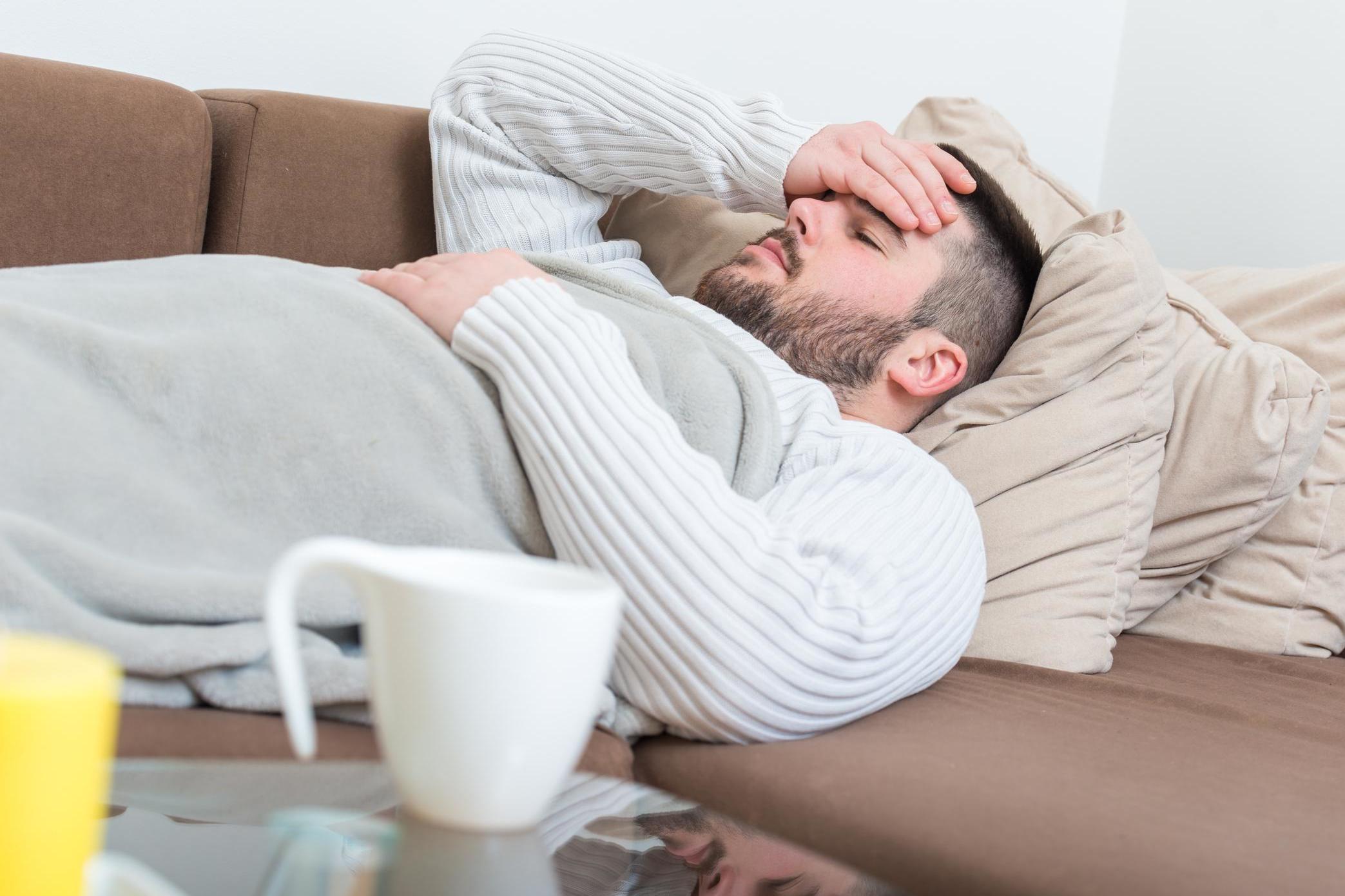Men who get flu-like symptoms after sex might have rare illness
Some people think men are ‘allergic’ to sex

Post-orgasmic illness syndrome (POIS) is a rare condition that gives men flu-like symptoms immediately after they ejaculate.
The first case of the chronic disorder was documented in 2002, however, more than 50 patients have since emerged around the world, a new study has found.
Sufferers can experience a mixture of high fevers, perspiration and itching eyes.
In addition to prompting physical symptoms that mimic a cold or an allergic reaction, such as nasal congestion, extreme fatigue and weakness, the illness can also manifest itself in a combination of mental symptoms such as diminished concentration and irritability.
Given its rarity, experts suspect the condition is severely underreported and could be more prevalent than previously assumed.
According to a group of scientists at Tulane University School of Medicine in New Orleans, further studies are needed in order to uncover the “prevalence, pathophysiology, and treatment of this debilitating condition.”
Due to a paucity of studies into POIS, its primary cause remains unknown.
However, experts suspect that a semen allergy to a particular protein could be to blame.
This would subsequently generate an autoimmune response in the body, which could explain the allergy-like symptoms that some patients experience.
A second hypothesis is that some of the affected men have an underlying condition which affects their endogenous opioid receptors - these include endorphins.
According to a 2016 study published in the journal Translational Andrology and Urology, there are two types of POIS: a primary type which manifests itself in pubescent males and a secondary type that begins later on in life.
Scientists found that 87 per cent of the 45 suffering men they had tested started experiencing symptoms of POIS within 30 minutes of ejaculation.
There are no known treatments for POIS yet, but to date sufferers have been symptomatically treated with antihistamines, selective serotonin reuptake inhibitors and benzodiazepines.
However, until further research has provided clarity on the cause, a cure cannot be identified.
Subscribe to Independent Premium to bookmark this article
Want to bookmark your favourite articles and stories to read or reference later? Start your Independent Premium subscription today.

Join our commenting forum
Join thought-provoking conversations, follow other Independent readers and see their replies